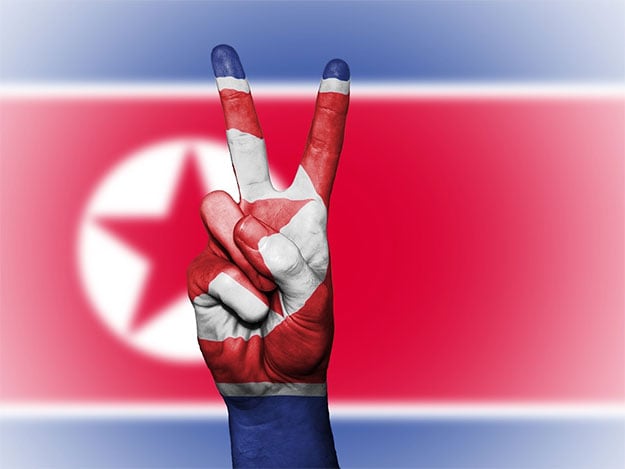Trump Administration Blames North Korea For Global WannaCry Ransomware Attack

We are only months removed from the massive WannaCry cyberattack that hit hundreds of thousands of computers in over 150 countries, crippling some hospitals in the United Kingdom. WannaCry became an overnight global scare after spreading far and wide within the first few hours. Up until now, it was not clear where exactly the worm originated. According to the Trump administration, North Korea is to blame, just as security outfit Symantec suspected months ago.
In an op-ed piece published in The Wall Street Journal, homeland security adviser Thomas P. Bossert publicly attributed the massive WannaCry cyberattack to North Korea, adding that the U.S. is not making the allegation lightly.
"It is based on evidence. We are not alone with our findings, either. Other governments and private companies agree. The United Kingdom attributes the attack to North Korea, and Microsoft traced the attack to cyber affiliates of the North Korean government,"
Bossert wrote.
Though it wasn't very lucrative, Bossert noted the effect WannaCry had on UK hospitals, where it was previously reported that patients had to be turned away because doctors could not access medical records. "These disruptions put lives at risk," Bossert noted, adding that we live in a world that is now flush with interconnected devices. While this results in "great convenience," it also provides opportunities for bad actors "to create mayhem with the hope of anonymity."
"North Korea has acted especially badly, largely unchecked, for more than a decade, and its malicious behavior is growing more egregious. WannaCry was indiscriminately reckless," Bossert said.
Cyber warfare is the new norm, and it is a growing threat. The Trump administration hopes that holding bad actors accountable and publicly calling out sources of cyberattacks will help prevent future attacks.
"The U.S. must lead this effort, rallying allies and responsible tech companies throughout the free world to increase the security and resilience of the internet," Bossert added.
This administration is effectively drawing a line in the sand, taking a hard stand when and where it deems appropriate. Bossert pointed to the recent ban on Kaspersky software from government systems, alluding to the allegation that Kaspersky could be spying on government agencies and sharing information with Russia. Kaspersky has repeatedly denied the reports and filed a lawsuit against the Department of Homeland Security (DHS).
"As for North Korea, it continues to threaten America, Europe and the rest of the world—and not just with its nuclear aspirations. It is increasingly using cyberattacks to fund its reckless behavior and cause disruption across the world," Bossert said.

